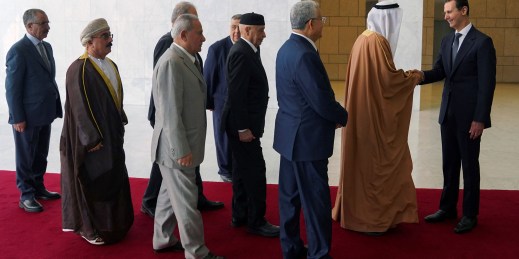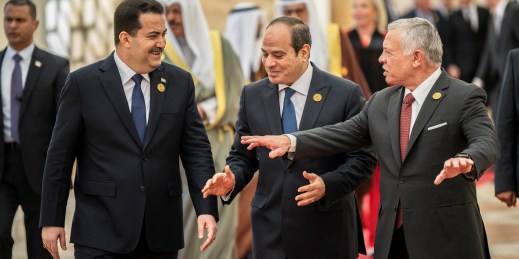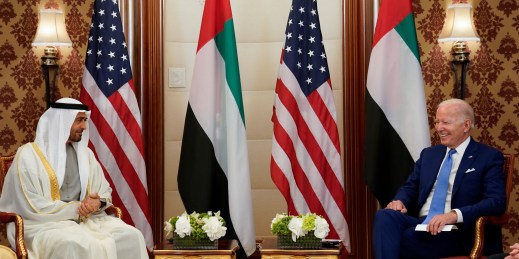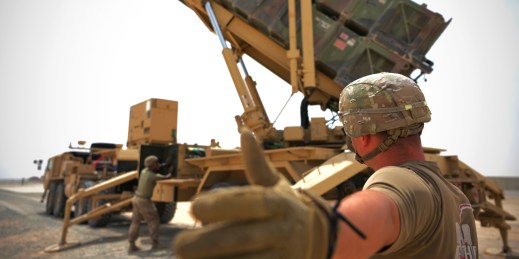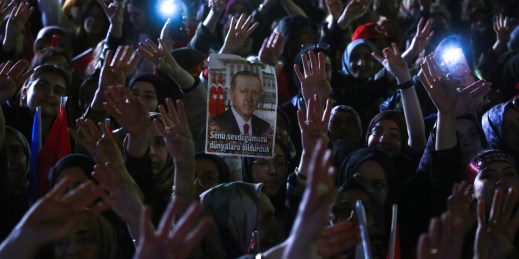
Turkey’s election results came as a disappointment not only to Turkish voters who wanted to bring an end to President Recep Tayyip Erdogan’s 20 years of increasingly autocratic rule. They also dashed the hopes of many outside observers that Turkey would become one of the countries where the global drift to autocracy begins to reverse.


